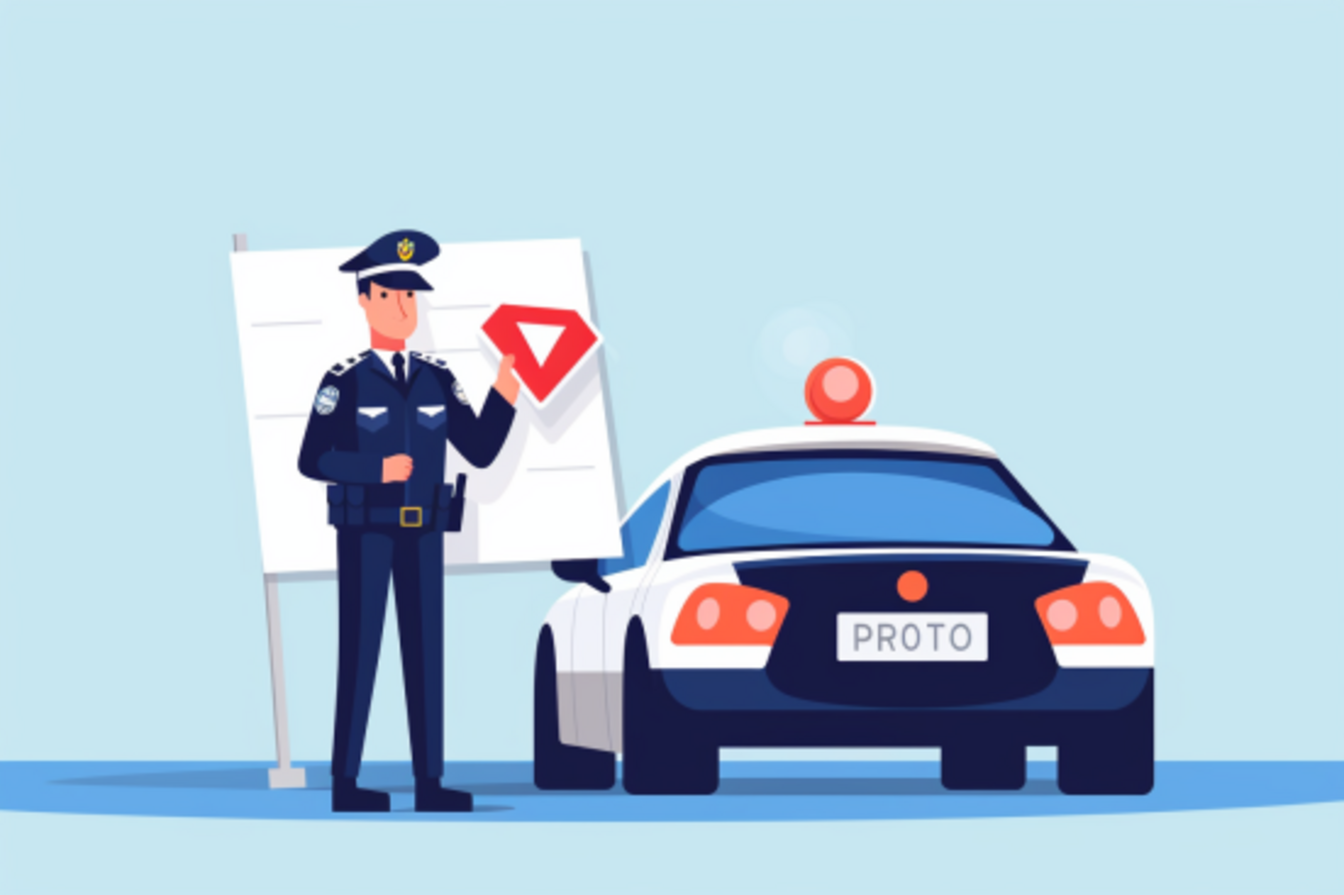Months after Ruth Carr returned from Italy, the traffic tickets started piling up in her mailbox: two for driving in a “restricted” area in Rome, another for a similar traffic violation in Vicenza.
“We were never approached by a policeman and tried our best to abide by all the posted traffic regulations,” says Carr, a retired restaurant worker who lives in Seattle. “But let’s face it: When in a foreign country with unfamiliar signage, it’s pretty difficult to find your way around without at least stopping to look at a map or ask for directions.”
Total damage: about $800.
If you’re thinking of renting a car overseas, listen up: Traffic cameras are everywhere, and if you rented a car, it could take months for the fines to find their way to your mailbox. You can avoid some of these traffic gotchas, but the long-term fix will have to involve governments and the travel industry, particularly car rental companies.
Traffic cameras have become ubiquitous, especially in Europe, says Chris Brown, the executive editor of Auto Rental News, a car rental trade publication. Among the hot spots: London, which imposes a “congestion” charge for motorists during certain times; and most of Italy, which seems to be obsessed with traffic cameras. Rome and Florence are standouts.
“The traffic fines can be brutal,” Brown says.
Here’s the problem
Unless you’re a details-obsessed driver, you probably have no idea what awaits you. Motorists say car rental companies often gloss over the restrictions. Hotels don’t warn their guests.
They don’t tell you that in some downtown areas, a special permit is required. They don’t mention that cameras record your license plate and automatically send a bill for the fine to your rental company. Unfortunately, they also fail to disclose that it could be months before you get that bill.
Wayne Tutzauer received a $99 citation from the city of Florence after inadvertently driving in a “restricted” zone on his last trip to Italy. He not only paid it, he plans to keep a copy of the receipt the next time he visits Italy.
“I don’t know if they keep a database of scofflaws,” says Tutzauer, who lives in Denver. “But I don’t want to bet on it.”
Actually, they have you cornered, says Colleen Taylor, president of Midwest Travel Consultants in Jefferson City, Mo. When you sign your car rental contract, you agree to pay any traffic fines using the credit card it has on file.
“There is really no way to protest a traffic fine or ticket,” she says.
I contacted the Italian Embassy in Washington for a comment. It didn’t respond. The American Car Rental Association, a trade group whose members operate internationally, also declined to comment.
How do you fix these tickets?
How do you avoid traffic shakedowns? You can brush up on your overseas driving rules by visiting the U.S. State Department website (state.gov), which lists traffic safety and road conditions for nearly every foreign destination. Some embassy sites, such as the U.S. Embassy in Rome, offer helpful information about driving restrictions.
“Road conditions can vary significantly from conditions in the United States,” warns Philip Skotte, director of the Office of American Citizens Services at the Bureau of Consular Affairs.
Travel companies could try a little harder to inform their international visitors of these cameras. Car rental companies stand to benefit from the fines because they usually pass the charges to their customers along with a fee. Insiders say the fee covers the company’s expenses, but renters say the companies profit from the tickets.
To dispel that idea, car rental companies need to improve their disclosure and equip every vehicle with the necessary permits, so guests aren’t broadsided with $800 bills after their European vacation.
It might be helpful for our diplomats to start a high-level conversation with the authorities who eagerly install these cameras and reap the profits from clueless American motorists visiting their country.
How to avoid a traffic ticket overseas
• Stay out of downtown areas. Restricted zones are largely confined to heavily congested city centers. Steer clear of these parts of town to avoid these zones. Park outside of town, like the locals.
• Do the math. Pay particular attention to the difference between kilometers and miles (a mile is about 1.6 kilometers), and slow down unless you want a speeding ticket! Here are the best applications that can help you steer clear of potential traffic tickets.
• Read the signs. A few key phrases might be helpful. Look for red circles with the words “Zona Traffico Limitato” in them when you’re in Italy. In Germany, it’s called an “Umweltzone.” In Britain, the signs read, “Congestion Charging” and “Central Zone.”
If you have upcoming travel plans to the EU, it’s a good idea to acquaint yourself with EC 261. Our team of advocates has taken the time to cover and explain its details thoroughly.




